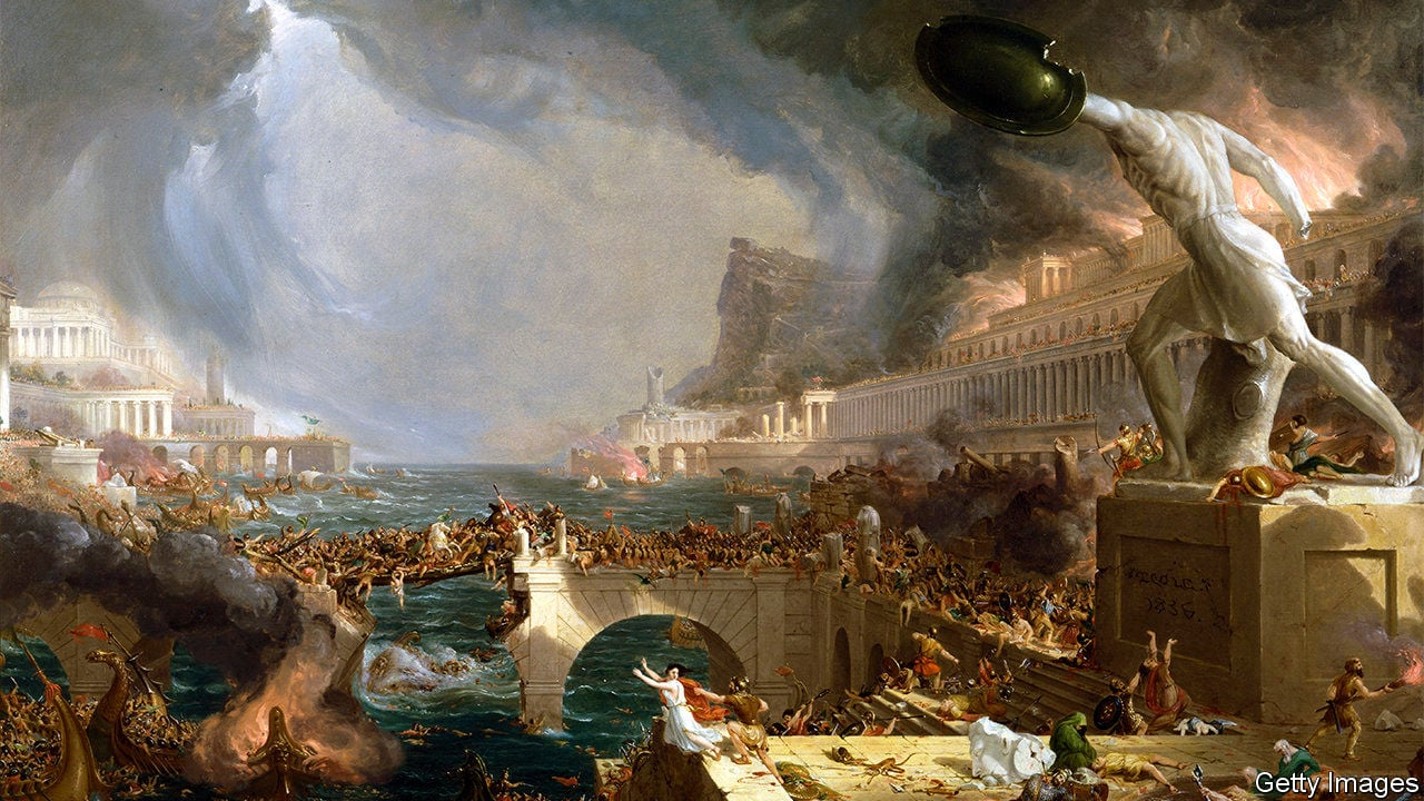
¶ The World of Modern Finance
To understand generational changes, you need to have a generational perspective. So, let's start from the beginning...
¶ The Dawn of Modern Finance
Deep Dive: The History of Modern Finance 1492-2008
There was a time before modern finance shaped this planet and a time after. We can trace that moment to a few decades before and after 1500.
¶ European Awakening
In ~1490, the European medieval noble and industrial class began a 5-decade period of rapid concentration of wealth and power. As one consolidated its position, it would uplift the other.
The culmination: Charles V, master of the (first) empire on which the sun never sets.
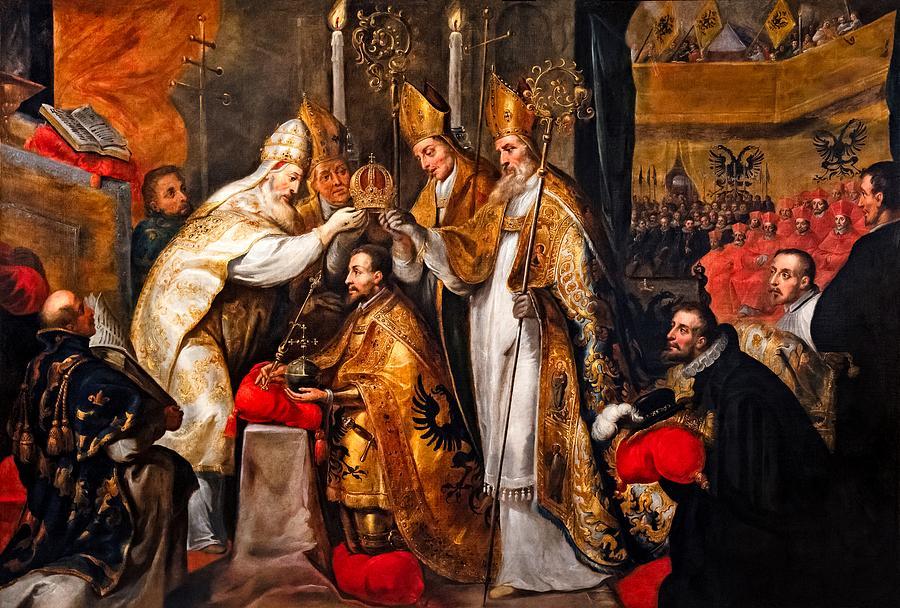
¶ European Dominance
From here, the Europeans (and eventually Americans) nurtured this budding power, developing ever more sophisticated tools and audacious ambitions. Global supremacy shifted between them, but in the end the global networks of finance always grew stronger.
The collusion of nobility and private capital gave the Europeans clear global dominance up until the 20th century. By then, the systems had become so centralized (and by implication, unstable) that they resulted in apocalypse:
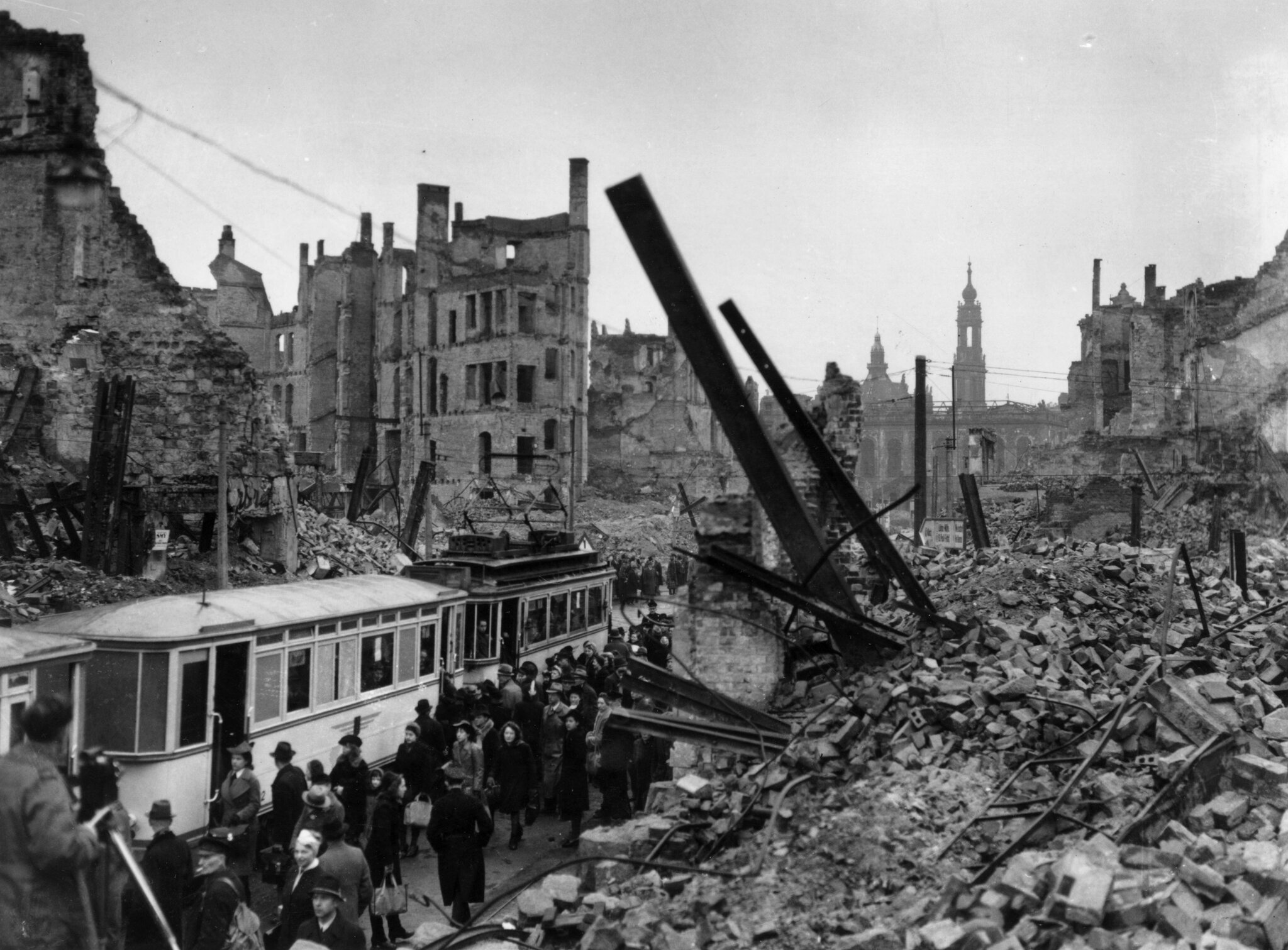
¶ Passing the Torch
Some wonder way the USA didn't "take over the world" at the end of WWII. Who was going to stop them? Not even her allies had an ounce left of fight in them.
The answer is simple, Americans took what was important: uncontested control over the global financial system.
The American promise was laudable: "we'll take the system that achieved so much but replace nobility with elected government." Some cheered, while others regarded the Americans with distrust or fear. The reality was there was no one that stop them.
(Side note: this very fact was the justification Adolf Hitler gave for his aggression. Something along the lines of “if someone doesn't challenge America TODAY, there is no hope for anything but total American hegemony”)
The next 60 years saw the greatest concentration of wealth the world has ever seen.
¶ An American World
Your experience may differ:
- In the USA (or West): cheaper goods, growing nominal earnings, improving quality of life, more, bigger, better!
- Elsewhere: well... someone's got to pay for it.
The USSR arose as an alternative to the Western system, but it would not survive the century.
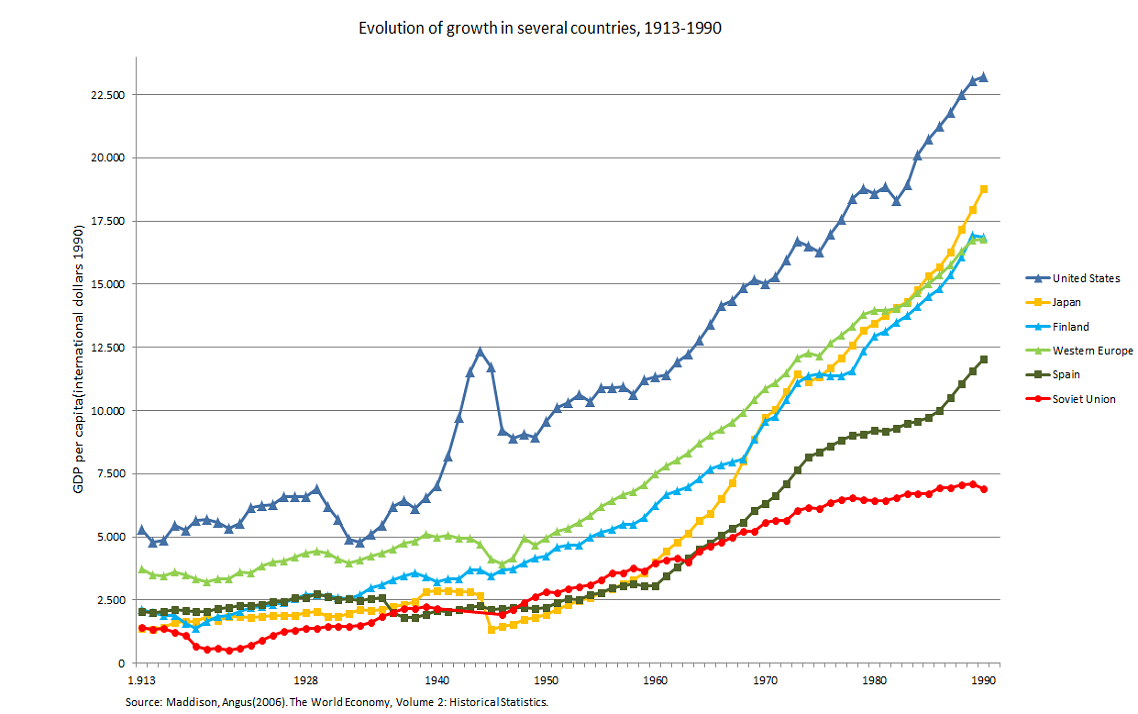
And so, the Americans entered the 21st century the uncontested superpower on planet earth...
...and they immediately unleashed their superpower on their own people.
¶ The Global Financial Crisis
Deep Dive: The Global Financial Crisis
The seeds had been sown in the 1980s, but the rocket fuel was added in the 2000s.
Fueled by unmitigated greed, the American financial class sold as much junk as they possibly could, first to the working class and then to each other. The particular product: Mortgage-Backed Securities (MBS), but the details weren't really important.
All that mattered was profits.
In 2007 the winds shifted; by 2008 a hurricane had formed. And then, everything came to a head in 1 week in September 2008.
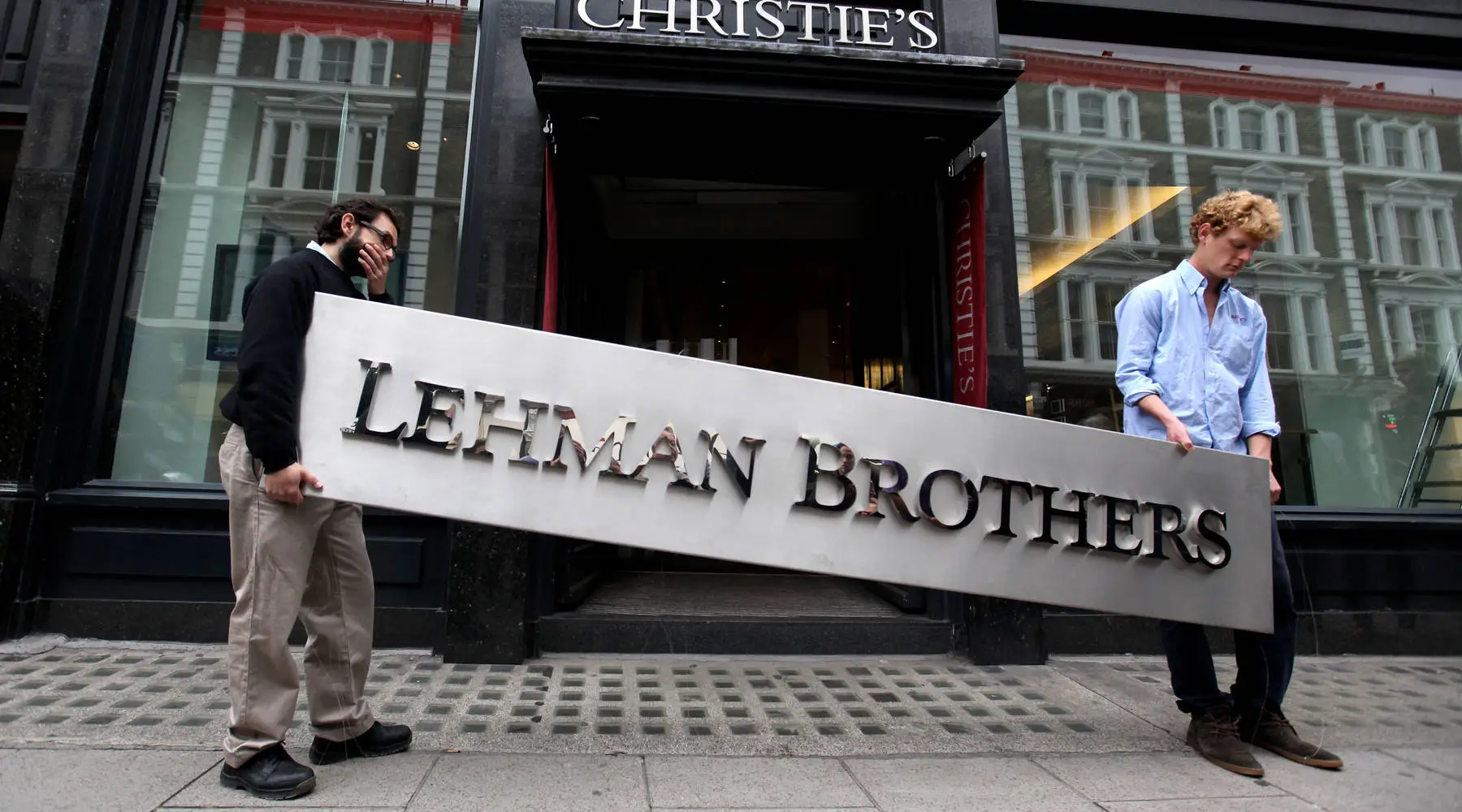
Beginning with the nationalization of the mortgage insurance companies and ending with the nationalization of the general insurance market, the US government bailed out the American (therefore global) financial system.
Triage came from the Fed, the most centralized government actor. But the Treasury followed with a blank check (as soon as the slightly less centralized congress acted).
And so the financial system was saved.
But the American people were left behind to deal with the blight.
¶ A Sovereign's Financial System
In the end, you could say that this is the expected result. Stretching all the way back to 1492, the state and private capital have each other's back.
Everything they've built, they've built together.
2008 only feels so egregious because… something something democracy.
But the West has been abusing its control of the global financial system for ages; it just took 2008/the Global Financial Crisis for (most) Westerners to realize it.
¶ Sanctions
Those outside the bubble?
Some have never left the apocalypse of post-WWII.
Others were forced to renter.
¶ Afghanistan
Afghanistan is a particularly heinous example.
In 2001, the USA invaded the country to topple a government it had created a generation earlier. Now, 20 years later, it has withdrawn in shame…
…leaving Afghanistan in chaos and keeping all of the country's central bank holdings.
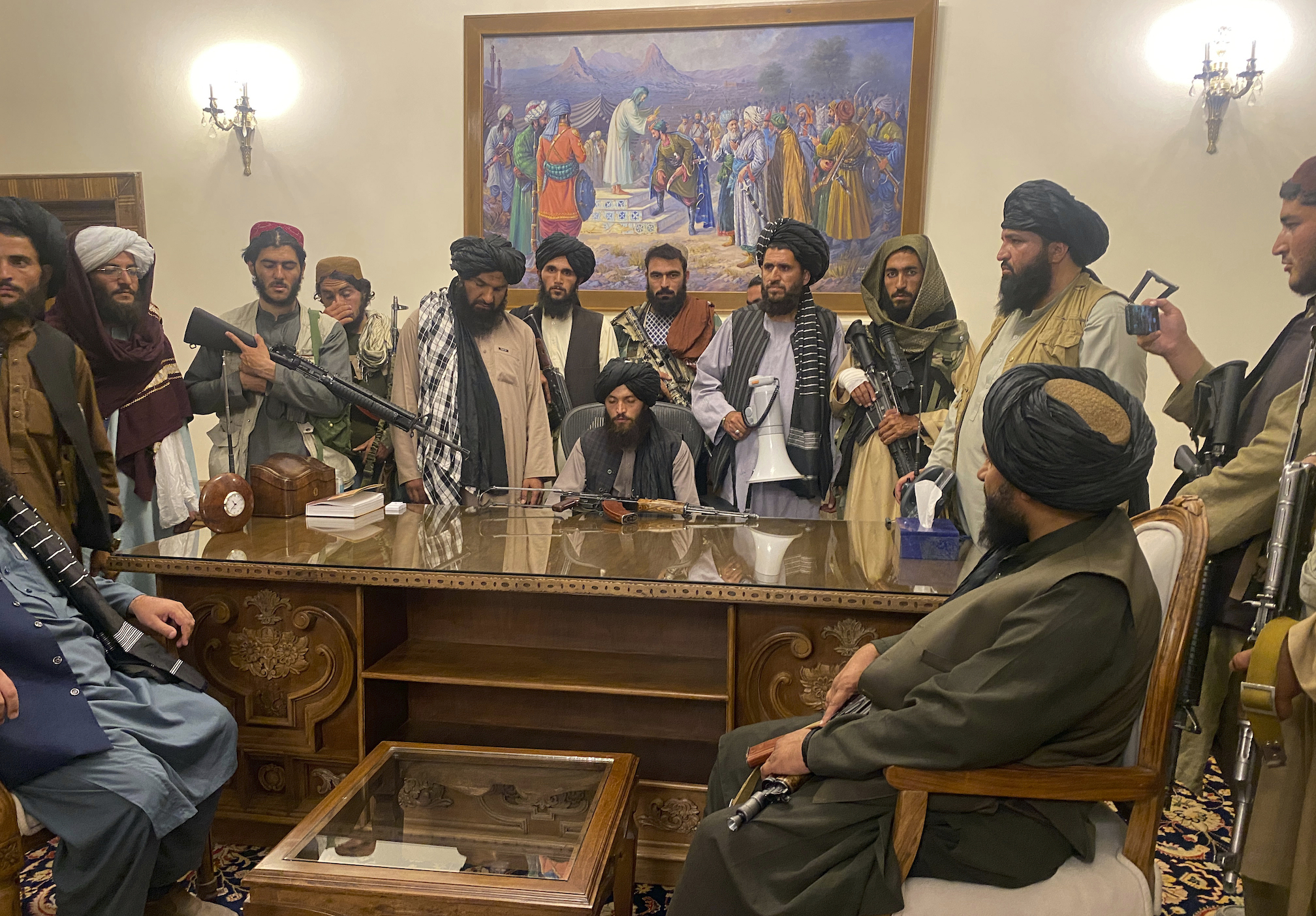
¶ Implications of Abuse
Humor me for a second. Let's say you're throwing a family reunion.
It's one thing to ban Cousin Tim; he's incredibly rude and has already been caught stealing. No one is going to have any problems with that.
But one year, you get into a fight with Tim's sister just because she expressed some empathy with Tim, and so you ban her too. And then you also find yourself in a petty grievance with your sister so you threaten her with a ban. And then, when Mom pulls you aside to have a talk about family, you lose control and ban her too.
I don't know where the line is, but it exists. The second you cross it, everything changes.
It's the moment that everyone realizes they don't want to use your system anymore.
It's the moment they realize they don't have to.
¶ The Next Chapter
From 2008, the West has staggered forward, largely oblivious to just how systemic the damage incurred was.
By 2022, America has been thrown into a state of civil unrest.
The UK left the EU, weakening the project.
COVID-19, war in Ukraine, immigration crises...
¶ China
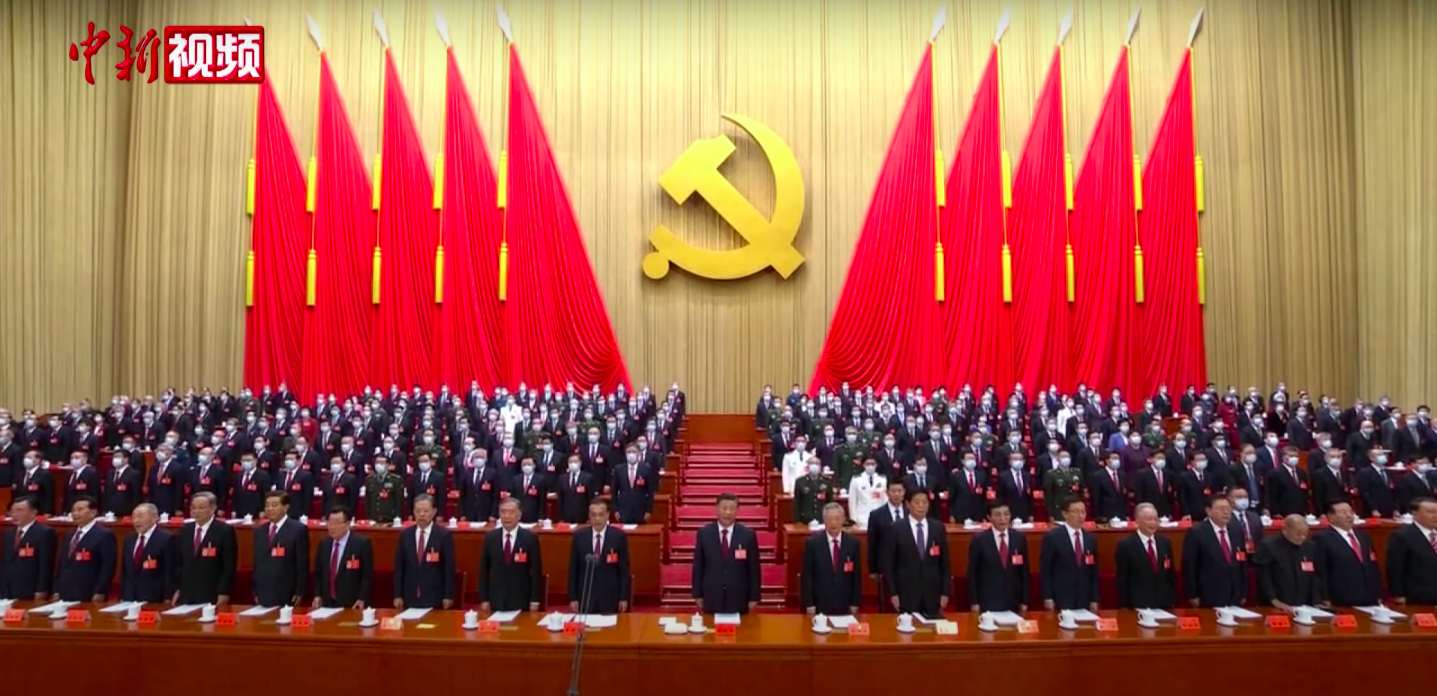
All as an alternative rises: the Chinese system. Over the last 30 years they’ve grown from a humble country of rice farmers (with a long, storied history) to the first viable alternative to the Western Financial System since world domination even became possible.
Some look at this moment and see a world order changing to reflect the realities of the 21st century. Another turning of another chapter, this time with China and the East atop the pile.
¶ A Different Solution
Personally, I don’t think we at the start of a new chapter; I believe the cycle has been broken.
As the fires of the financial crisis ravaged the world, it forged a new idea. One that would provide a new option.
One the world has never seen.
In 2008, the Western Financial System failed… and an alternative was born.
“The root problem with conventional currency is all the trust that's required to make it work… the history of fiat currencies is full of breaches of that trust.”
-Satoshi Nakamoto
¶ Other Resources
¶ Resources
Source Material - Twitter Link
Source Material - PDF